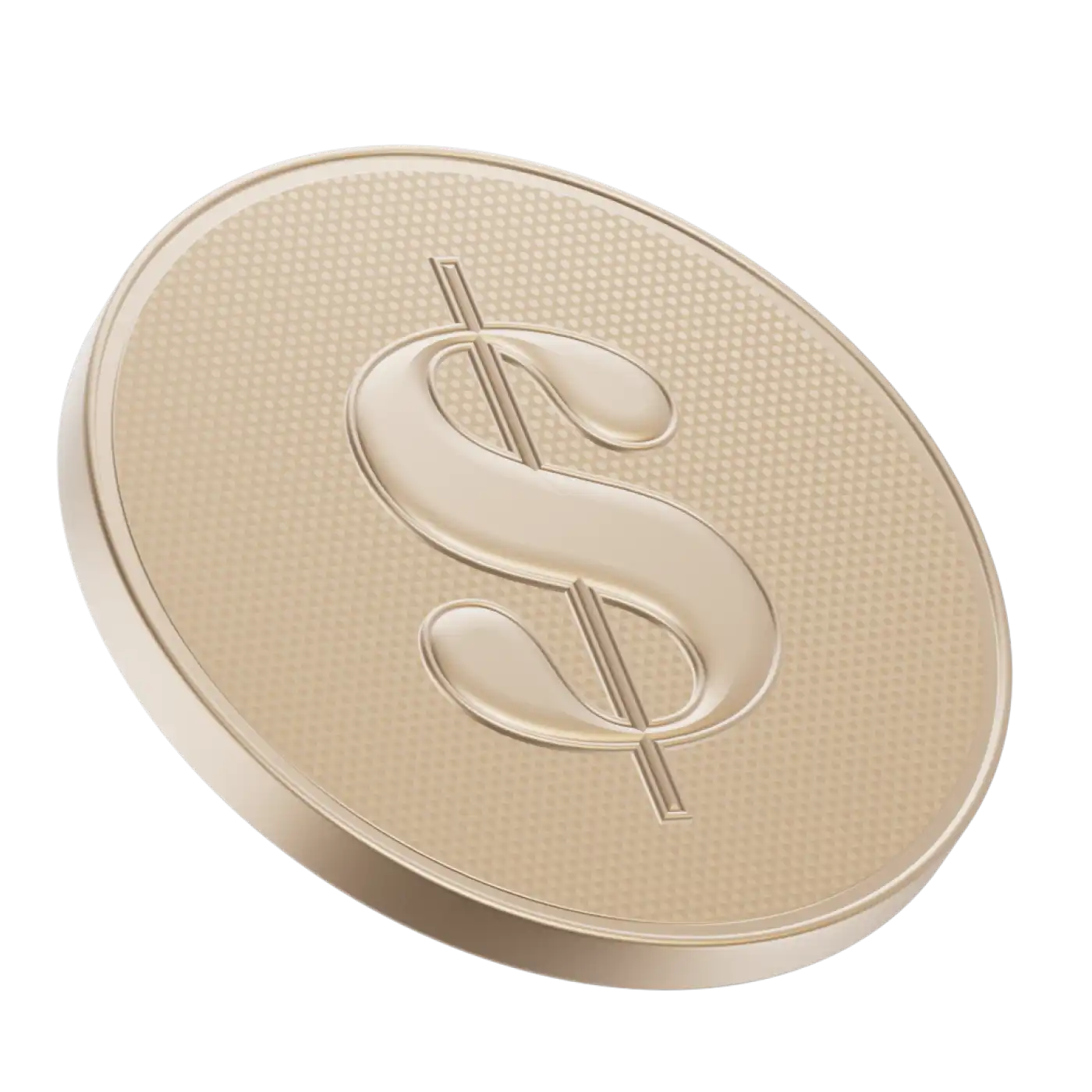British Columbia tax brackets
Income tax in Canada is calculated based on your taxable income. Your taxable income is your total gross income from all sources, less eligible deductions. Because Canada uses a progressive tax system, the more money you make, the higher the rate of tax you will pay. This applies to both federal and provincial taxes.
British Columbia 2025 tax rates
The tax brackets for British Columbia for 2025 are:
2025 British Columbia income tax brackets | 2025 British Columbia income tax rate |
|---|---|
| On the first $49,279 | 5.06% |
| Over $49,279 up to $98,560 | 7.7% |
| Over $98,560 up to $113,158 | 10.5% |
| Over $113,158 up to $137,407 | 12.29% |
| $137,407 up to $186,306 | 14.7% |
| Over $186,306 up to $259,829 | 16.8% |
| More than $259,829 | 20.5% |
Federal tax bracket rates for 2025
The following are the federal tax rates for tax year 2025 according to the Canada Revenue Agency (CRA):
2025 federal income tax brackets | 2025 federal income tax rates |
|---|---|
| $57,375 or less | 15% |
| over $57,375 to $114,750 | 20.5% |
| over $114,750 to $177,882 | 26% |
| over $177,882 to $253,414 | 29% |
| More than $253,414 | 33% |
How to calculate income tax in British Columbia
Using some simple math you can calculate your average tax rate (the percentage of every dollar that you owe in federal and provincial/territorial taxes. For example, if your taxable income after deductions and exemptions was $45,000, you owe 15% of that for your federal tax, and the BC provincial amount you owe is 5.06%, then your marginal tax rate (15% + 5.06%) is 20.06%.
If you want to get an estimate of how much income tax you owe on your taxable income, first calculate your federal income tax, then calculate your provincial tax, and add the amounts together.
So if your taxable income was $42,000 and you didn’t have any deductions or credits, your calculation would be:
$42,000 x 15% = $6,300 (Federal)
$42,000 x 5.06% = $2,125.20 (BC)
Total federal and provincial income tax on taxable income: $6,300 + $2125.20 = $8,425.20
Note: In a progressive tax system, your income tax payable is cumulative. Depending on what tax bracket your marginal taxable income falls in, you could be paying multiple rates of tax.
Let’s say your income is $50,000. You will still pay the same federal tax of 15%, since you are in the first tax bracket. That works out to $7,500.
For the BC portion, you will pay 5.06% on the first $49,279, which equals $2,493.52
The remaining $721 ($50,000 - $49,279) will be taxed at 7.7% = $55.52
Total BC tax owing: $2,493.52 + $55.52 = $2,549.04
Total taxes owing (federal + BC) = $10,049.04
How to reduce your taxes owing
Every taxpayer in Canada is eligible to claim federal deductions, and provinces and territories also have deductions for their residents. Here are some of the more common ones, but it’s not a comprehensive list, so you should always check with a financial expert to ensure you are claiming all of the credits and deductions you’re entitled to.
Tax credits
Every taxpayer in Canada is eligible to claim a basic personal amount (BPA) that reduces their taxable income. If your income is $173,205 or less, that credit for 2024 is $15,705. The credit amount varies and, if your income is between $173,205 and $246,572, it is calculated using the Federal worksheet. If your income is more than $246,752, your credit amount is $14,156. There are additional credits for residents who are aged 65 or older, who have been classified as disabled, or who are caretakers to a person with a disability.
If your income is less than $15,705 for 2024, you shouldn’t have to pay any income tax. You should still file your taxes, however, because all kinds of federal and provincial programs, such as the GST/HST credit, are based on your income as reported on your income tax return.
In BC, you are also eligible to claim a provincial basic personal amount of $12,580. There are additional amounts for seniors, or if you are disabled, or care for a disabled person.
Non-refundable tax credits reduce the amount of tax you have to pay, but you are only eligible to claim them if you owe taxes. In other words, you need to have earned some kind of income. For non-refundable tax credits, you can claim enough to reduce your taxes to zero, but you won’t get the excess as a refund. So if you owe $4,000 in taxes, but you have $4,500 in non-refundable tax credits, you can claim $4,000, but you won’t get $500 as a refund. In some circumstances, such as tax credits for tuition, student loan interest and donations, your remaining unused credits can be carried forward to future years.
The most common federal non-refundable tax credits are things like the basic personal amount, medical expenses, and charitable or political donations. British Columbia has a number of additional tax credits for its residents, on top of the basic personal amount. For example, if you are a volunteer firefighter or search and rescue volunteer, you may be eligible to claim an exemption. You may be eligible to claim a Farmers’ Food Donation Tax Credit, British Columbia Home Renovation Tax Credit for Seniors and Persons with Disabilities, unused tuition credits, or credits for medical expenses and political donations.
Tax Deductions
A deduction reduces your taxable income, lowering the amount that income tax will be based on. The CRA provides detailed information on both federal and province/territory-specific deductions. Below are some of the most common deductions, but there may be others you qualify for, so you should always speak with a financial tax expert about your specific situation. (You can also call CRA at 1-800-959-8281.)


